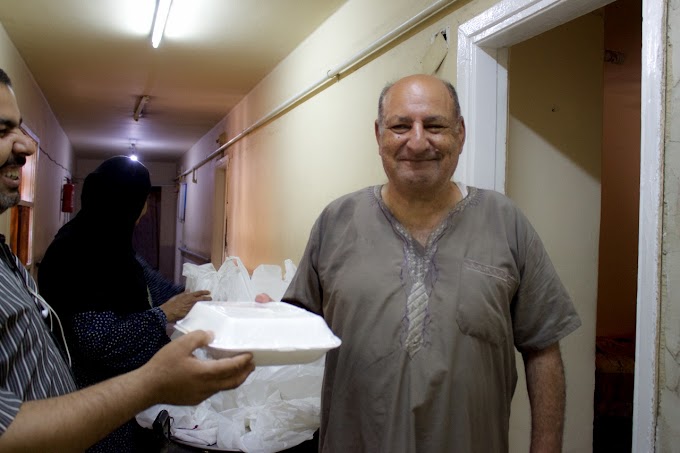Food waste has become a habit for many people all over the world: buying more food than we need at markets, allowing fruits and vegetables to spoil at home, or taking larger amounts than we can eat.
These behaviors impact negatively on our natural resources and harm the environment. When we waste food, we waste labor, effort, money, and precious resources that go into producing it, as well as the resources that go into transporting and processing it. In short, wasting food leads to climate change by increasing greenhouse gas emissions.
It's a major issue. Every day, millions of tones of edible food are lost or wasted throughout the world. Around 14% of all food produced worldwide is wasted between harvest and retail. Large amounts of food are also thrown away in stores and at the consumer level.
In a world where millions of people go starving every day, reducing food loss and waste is essential. We understand that food is not a given for the millions of people who go hungry every day when we reduce waste.
It's up to us to change our habits and make food waste a thing of the past!
Here are some simple things you may do to reconnect with food and what it represents:
1. Buy only what you need
Plan your meals. Avoid unplanned buying by making a shopping list and sticking to it. You will not only waste less food, but you will also save money!
2. Pick ugly fruit and vegetables
Food shouldn't be judged just by its appearance! Fruits and vegetables that are oddly shaped or bruised are frequently thrown because they do not fulfill arbitrary standards of beauty. Don't worry, they both taste exactly the same! Smoothies, drinks, and desserts may all benefit from the addition of mature fruit.
3. Store food wisely
Older items should be in the front of the cabinet or refrigerator, while newer products should go in the back. To keep open food fresh in the fridge, use airtight containers and seal packets to prevent insects from getting in.
4. Understand food labeling
The terms "best before" and "use-by" are not identical. Food can sometimes be consumed after the "best before" date, but the "use-by" date indicates when it is no longer safe to consume. Look for unhealthy ingredients like fats and preservatives on food labels, and avoid items with added sugar or salt.
5. Start small
At home, eat smaller portions, and at restaurants, share larger plates.
6. Love your leftovers
If you don't eat everything you cook, you may freeze it or use it as an ingredient in another dish.
7. Put your food waste to use
Compost your food leftovers instead of throwing them away. This way, you're returning nutrients to the earth while also lowering your carbon impact.
8. Respect food
Food connects us all together. Reconnect with food by understanding the steps involved in its preparation. Learn about food production and get to know your farmers by reading about them.
9. Use less water
Without water, we can't make food! While it's crucial for farmers to use less water while growing food, decreasing food waste saves all of the water resources used to produce it. Other ways to cut down on water use include fixing leaks and turning off the water when brushing your teeth!
10. Sharing is caring
Donate food that would have gone to waste otherwise. Apps, for example, may link neighbors and local businesses so that leftover food is shared rather than wasted away.
And finally an extra tip! Use Tekeya, you will find restaurants, groceries, bakeries, and dessert shops that are selling their fresh surplus food at a low price.
By downloading the Tekeya app you can directly contribute to saving food from being wasted, get a fresh meal with a %50 discount for yourself or donate it to charities and people in need, and help the environment at the same time!
Small changes in our daily routines can have a significant global impact. Take action. Avoid wasting and food loss. For the sake of the people and the planet.

.jpg)



0 Comments